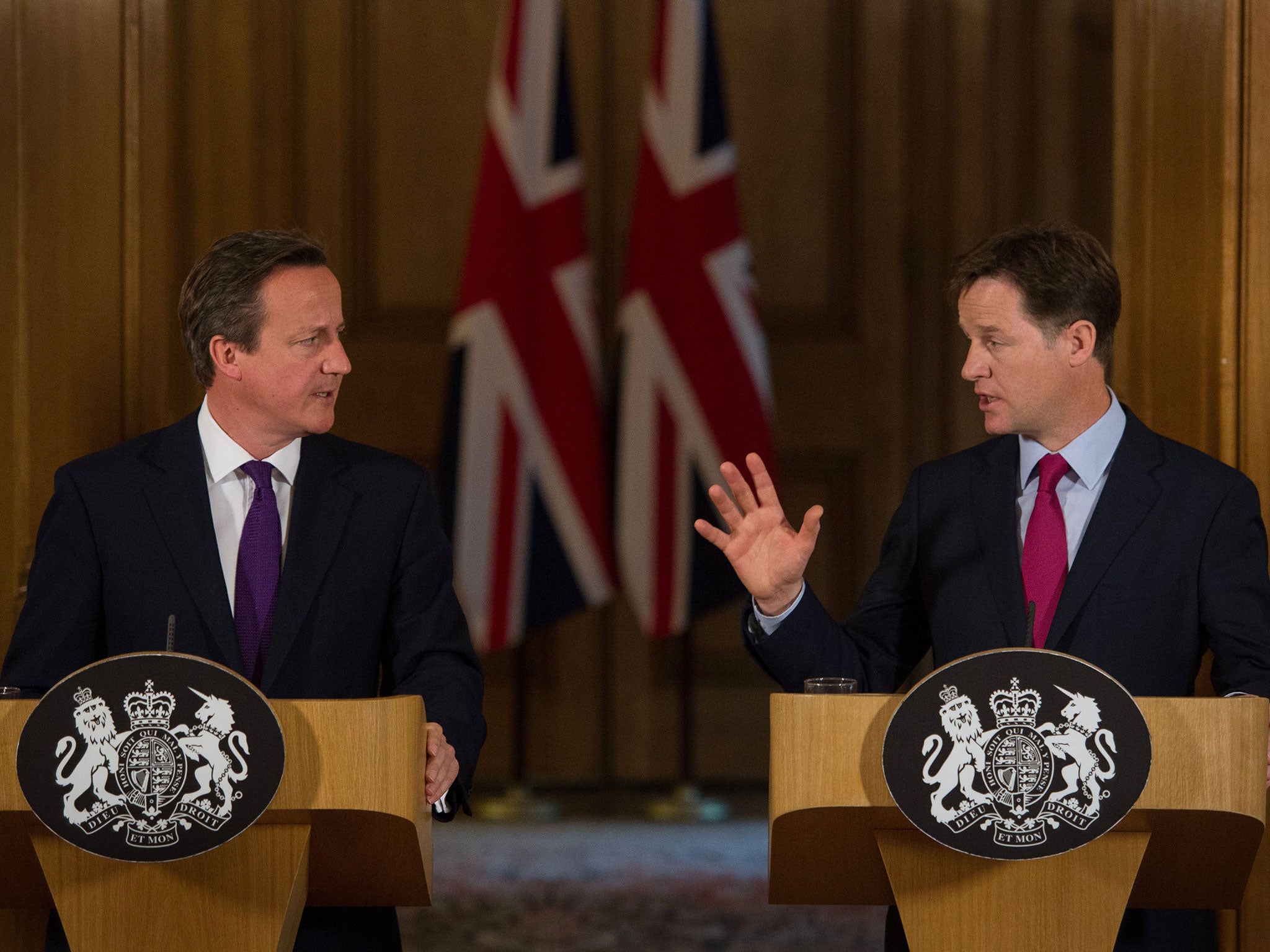Report finds that Britain's wages are the most unequal in Europe
GINI coefficient finds UK's rating to greatly exceed all other Member states and event the US

The UK is the most unequal country in the EU, according to a new report.
The Dublin foundation for the Improvement of Living and Working Conditions, the EU’s agency for life at work, found that the UK had the worst Gini coefficient of any EU member state.
The Gini is one of the most widely used measures of inequality and calculates how income is distributed among a nation’s residents.
According to the results, the UK’s GINI rating is 0.404, a rate that has soared since the financial crisis in 2008. The result is well in excess of the EU average which is 0.346 and even exceeds the United States’ rating of 0.4.
Other countries to have been similarly affected were Greece, Austria and Hungary, although Portugal was the closest to Britain in terms of inequality levels.
The report states: “The convergence in national wage levels before 2008 was mostly driven by a rapid process of catch-up by eastern Member states and the stagnation of wages in the two biggest countries.”
It went on to conclude that the average overall results across the EU “was to a large extent driven by developments in the UK, without which the overall EU within-country component of inequality remained more or less stable.”
Join our commenting forum
Join thought-provoking conversations, follow other Independent readers and see their replies
Comments
Bookmark popover
Removed from bookmarks